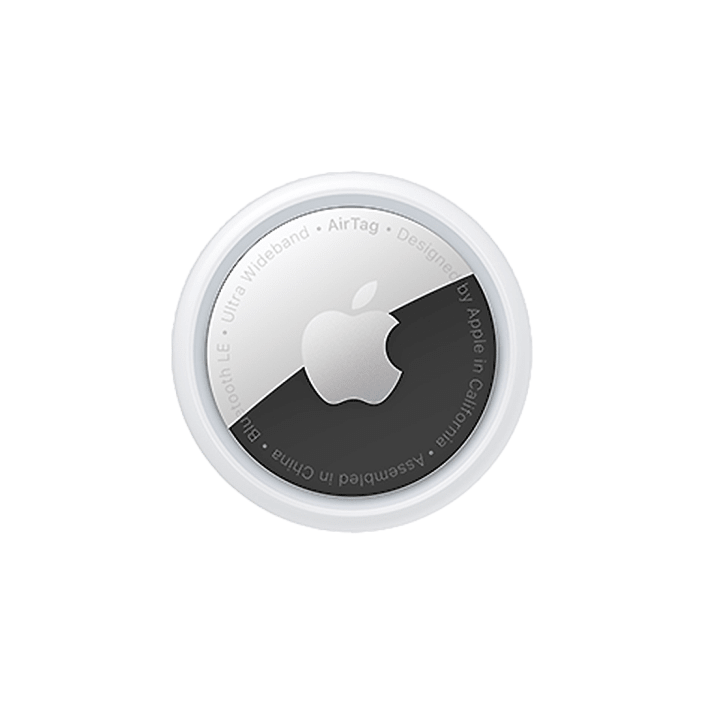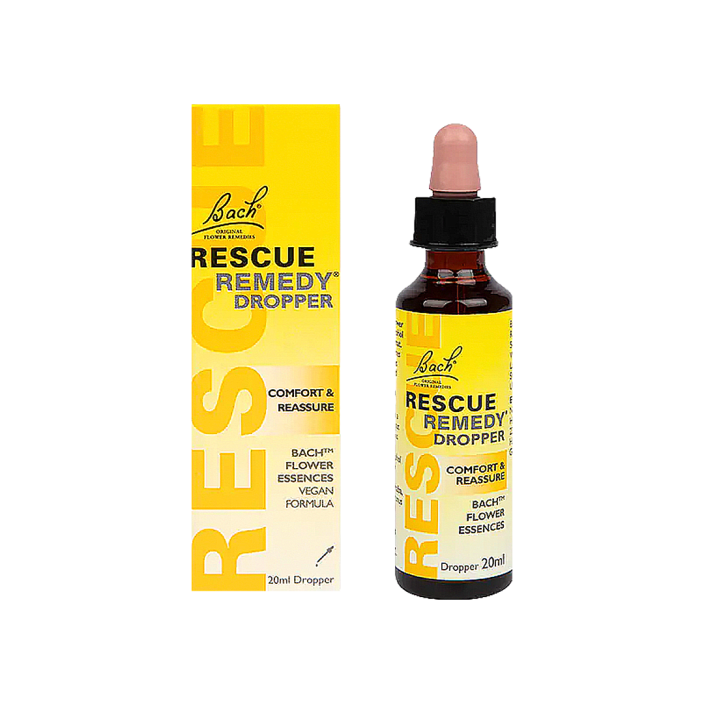how to harness the power of ADHD
We often think of ADHD as a disadvantage that prevents people from performing at their best. What if we flipped the script?
We often think of ADHD as a disadvantage that prevents people from performing at their best. What if we flipped the script?
When someone says ADHD, what's the first thing that comes to your mind? It’s okay besties, you can admit it, you pictured the naughty boy in your primary school that threw chairs across the classroom, right? The media’s skewed depiction of ADHD has - up until very recently - convinced most people that it’s either not real, or something young boys have, and eventually grow out of. Over 1.5 million adults in the UK are diagnosed with ADHD, yet only 4.9% of women are diagnosed compared with 12% of men. Many women like myself with ADHD have previously received a misdiagnosis of anxiety or depression, or been simply perceived as a bubbly, loud girl.
As one of the most debated disorders, for decades ADHD has generated countless books, articles and pieces of research fretting over its validity. Despite this, it also seems to be an en-vogue disorder, often used as a descriptor for a digital age of distractions and low attention spans, in the same way people use 'OCD' as an adjective. The reality is that ADHD remains the most misunderstood and stigmatised disorders of our time.
Forget everything you think you know about ADHD
Be it outdated stereotypes of how its symptoms present or who it affects, everything you thought you knew about ADHD is probably wrong. Putting it simply, ADHD is a biological difference in our brains’ hardwiring. Neuroscientists have found deficiencies in the activity of neurotransmitters, specifically ones that create dopamine, in functional regions of the brain. The frontal cortex region of the brain is responsible for executive functions; maintaining attention, organisation, self-control, adaptable thinking, time management and short-term memory. Neurotransmitters stimulate the neurons in our brains, which are responsible for particular functions. To do their jobs, neurotransmitters and neurons must be linked. Thus, a deficiency in these neurotransmitters that send signals in our brains results in impaired executive functioning. i.e. ADHD.
While ADHD is looked upon as a disorder, it can also be perceived as simply a trait, and even a gift. When left untreated and misunderstood, ADHD can pose issues, but with it comes a unique curiosity, creativity and entrepreneurism. At its best, ADHD is widely depicted as a disorder, a setback, a disadvantage. Media portrayals of the positives of ADHD are few and far between - there is so little information on the superpower it can be and, importantly, how to step into it. By trying to suppress our neurodiverse traits, we risk losing the gifts that are part of the package. While it's certainly true that navigating a neurotypical world with a neurodivergent brain isn’t easy, some ADHD traits can work to our advantage.
People with ADHD tend to be keen explorers of the universe; our brains are at warp speed. As voracious learners, our high levels of creativity means that we can synthesise conceptual links and we have the ability to consume knowledge in abundance. Many of history’s geniuses would now be considered neurodivergent, and some of the most successful people, such as Richard Branson and Bill Gates, have ADHD. Our non-linear thinking and creativity without constraints can result in high achievement and success when productively applied, but how do we step into that power? How do we release our internal blockages?

Media entrepreneur and author, Peter Shankman, shares his insights and hacks for turning ADHD into a secret weapon in his bestselling book ‘Faster than normal’. He notes that his ADHD was not a deterrent to his success but the cause. In an interview with Forbes, he revealed that through developing self awareness and understanding his brain’s way of working, he was able to ‘get more out of (his) brain than (he) ever expected.’ Sharkman also shared his number one tip to maximise his ADHD and channel excess energy - exercise. ’Simple resets - Something as simple as jumping up and down’, he noted, ‘can make your brain work differently, and give you the focus chemicals we all crave’.
We often think of ADHD as a disadvantage that prevents people from performing at their best. What if we flipped this narrative, instead realigning our relationship with ADHD and viewing it as a competitive advantage? People with ADHD struggle immensely with guilt and shame, which often inevitably knocks confidence. When we develop negative schemas about ourselves, the world and ADHD in general it becomes a lot harder to succeed, and when we do, it’s easy to adopt the narrative that we’ve succeeded ‘in spite of’ our ADHD rather than because of it. Our brains need excitement and even crises to thrive. That’s why we often put ourselves in situations that would be otherwise ‘avoidable’, like leaving projects to the last minute or studying the night before a test. We often make these decisions unconsciously, but they’re for a reason. We have to trick our brains into producing more adrenaline, serotonin and dopamine - things that people without ADHD automatically produce. Often, people with ADHD perform best before deadlines. It doesn’t make us bad people, or failures. Instead, like fine wine, our ideas are just fermenting. When we release the guilt that accompanies this, accept the way our brains work and actually embrace it, we get to know ourselves better and become able to apply our strengths to things in a more informed way. Really understanding ourselves and being comfortable in the way our brains work is one of the best things we can do for ourselves to leverage our ADHD for success.
ADHD brains essentially have a very low boredom threshold; we're happiest when absorbing new information and stimuli. Every ADHDer, at some point, will have spent hours in a row mastering their latest hobby, learning everything there is to know about it, completely unaware that 5 hours have gone by. ADHD is categorised as a deficit in attention, when in actuality we can apply extreme attention to something that sparks our interest. Our innate curiosity and restless nature enables us to laser focus for extended periods of time. When able to channel our excess energy into a productive place, once seeming elusive, focus takes over. If only we could trigger this hyperfocus on command? While we can’t turn on and off hyperfocus like a switch, we can certainly trigger it with ease. Our brains are in constant search of dopamine, so when we find a source that can provide it, it becomes an obsession, or hyperfixation. ADHD brains easily become hyper fixated - like that time you decided to take up a hobby for 2 weeks only to abandon it? With an abundance of content on the internet, we can intentionally activate an interest in something. You’ve got to clean your house? Cleaning videos on TikTok. Finish a dissertation? Youtube. Cook dinner? Browse food blogs. By the time the algorithm catches up and your For You Page is full of sink cleaning videos, the hyperfixation will already have been born and suddenly you’ll want to do the thing you’ve been putting off for weeks.

Double certified life coach with ADHD and entrepreneur, Max Laurence, believes that ADHD symptoms become “assets rather than liabilities when we become aware of how they interact with our work activity”. Since receiving a late diagnosis at the age of 44, he has spent years developing a solution to the missing elusive ‘executive functions’ that ADHD entails, and describes his life now as like that of a non-ADHer. His method is built upon the belief that once we overcome blockages, “we’re able to hit our targets with ridiculous ease” and “the brain which didn’t quite fit before becomes our greatest asset”. Max’s philosophy for harnessing the power of ADHD is also largely revolved around self-concept; to develop emotional intelligence through self-awareness and eliminate unhelpful issues around self esteem. His own experiences navigating the world as a neurodiverse person made him so fascinated by ADHD that, in true ADHD form, he ‘just had to become an ADHD coach’.
Despite the struggles he had faced with unmanaged ADHD, he was able to build a successful entrepreneurial career. This has made him particularly interested in how ADHD’ers seem to have an almost accelerated ability in some brain functioning yet struggle greatly with others. He notes that, “we have incredible negotiating skills, creative thinking and strategy. Innovation has been a big thing for ADHD with lots of incentive solutions to problems.” Though he acknowledges that work isn’t everything in life, and that areas such as relationships and finances can suffer with untreated ADHD, Max believes that many ADHD traits have contributed to his professional success. Significantly, he notes that “our impulsivity can enable us to take risks, some of which can really pay off! Our hyperactivity enables us to bring absolute enthusiasm into any team or project, and our way of looking problems seems to be different to neurotypical minds and this different viewpoint seems to permit us to come up with solutions that others don't think of.” After receiving a diagnosis, Max’s inexplicable life story, including struggling with addiction, suddenly made sense. To him, ‘the problem was that I didn't know I had ADHD in those years so I was searching in the dark’. He now feels that since learning to manage his executive functioning, he has been ‘functioning like a non-ADHD’er’ for 15 years. Max also notes that that we don’t all need ‘helping’ - "some of us do very well but there is more under the surface than people think when it comes to feeling well”.
A lot of our stigmas surrounding ADHD stem from the education system, which is structured around neurotypical standards. We often adopt a complex that we’re flawed because it’s constantly reinforced that we’re not reaching our potential. Every ADHDer can relate to hearing ‘They’re very clever, If only they’d try harder’. This often results in us growing up believing we’re flawed, until we eventually release our internal blocks and hone our ADHD traits to suit our needs.

ADHD is certainly a double edged sword. I have to pay what I like to call ‘ADHD tax’. Fees for missed credit card payments, replacing out of date food, forgetting to cancel free trials - essentially the price I pay for costly mistakes I make due to my ADHD symptoms. In reality, I’m not the best at managing money, relationships can be tricky to navigate and I really struggle with time-blindness. I’ve been fired from more jobs than I’d like to admit, I completed my GCSEs in a Pupil Referral Unit because I couldn’t manage mainstream education (or they couldn’t manage me!) and I find navigating social situations difficult.
However, many of my favourite things about myself are probably ADHD traits. I’m funny, creative and bold; I have the ability to think outside the box, take risks and learn quickly - all of which are synonymous with ADHD. I wouldn’t change the way my brain works and a lot my proudest achievements can be attributed to my neurodiverse brain. I wouldn’t be in a position to be writing this now without ADHD.
So your ‘flaw’ might actually be your biggest advantage. That's my experience. ADHD is my superpower. Granted, it makes me impulsive, fidgety, intense, and sometimes blurt things out at inappropriate times, but it also makes me determined, resilient and creative. It allows me to think outside the box, be comfortable with chaos, and take risks. Even though ADHD sometimes presents us with challenges it doesn’t make us flawed. We’re just square pegs in a round hole. I like being a square peg.












